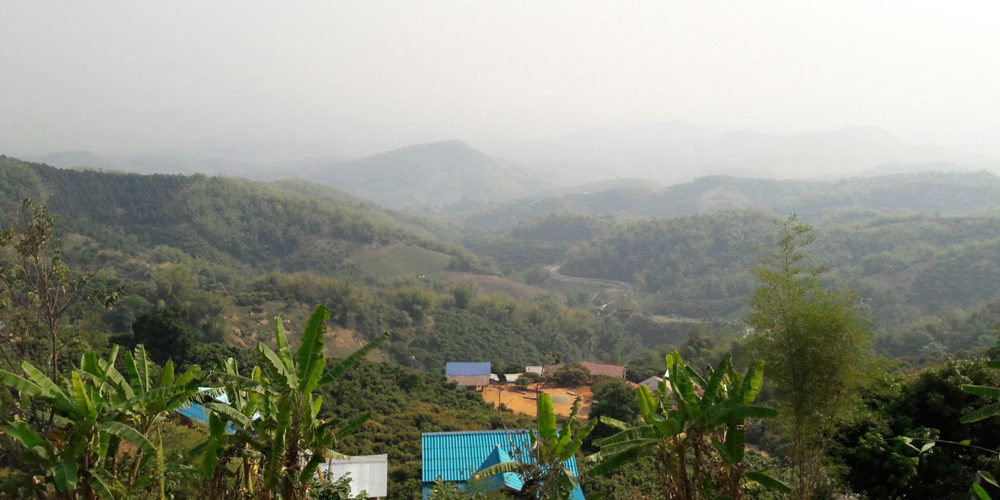Given its strategic location at the heart of Southeast Asia, Thailand’s primary challenge is ending the statelessness that comes with its bordering nations1. The United Nations High Commissioner for Refugees (UNHCR) reports that Thailand has almost half a million stateless people, making it an essential country for statelessness reforms. Due to a lack of documented identity, “hill tribes” living in the northern and western parts of Thailand and the “Moken” people who live along the Andaman coast still comprise hundreds of individuals who have been barred from basic services for generations2. Border changes, discrimination, and stringent laws have prevented these individuals from claiming their citizenship vital for access to education, health services, employment, and civil rights. Each year, they thrive in different places, searching for work opportunities, often illegally, which exposes them to human rights violations.
Statelessness has been a long-fought human rights issue in Thailand and many countries over the world. According to the 2019 Royal Thai Government statistics report, close to 20–21% of stateless people in Thailand are in Chiang Mai and Chiang Rai. A majority (70%) of them are under workingage (18 to 60 years)3. These statistics place Northern Thailand at the center of major interventions for policy reforms to enable stateless individuals to be registered. Until today, many concerns surrounding the stateless have generally centered on legal reforms and paperwork. However, the underlying issues of daily life, cultural appropriation, and other sensitive problems are being unearthed now. For instance, stateless people in the ethnic Shan State of Myanmar have learned to incorporate a sense of “Thainess” in the way they speak, behave, and live to gain citizenship and acceptance4. These challenges the concept of having a national identity as a prerequisite of becoming a citizen, which is more than proving one’s identity on paper. Access to health services hampered by the ability to pay for it, and the lack of health insurance among the stateless in Chiang Mai increases their vulnerability for financial hardships when they get sick. This exists even though Thailand has worked for universal coverage schemes for health services in the last decade. Language barriers and illiteracy have pushed stateless children out of school despite the availability of formal and non-formal education5. Economic opportunities have also been limited, putting pressure on them towards illegal transactions and migration in search of work.
Most recently, Thailand submitted its country pledge at the UNHCR High-Level Segment on Statelessness last October 2019. Among others, Thailand is committed to expediting elderly registration, social risk protection, and civil registration6. This is a crucial step in meeting fundamental reforms to existing laws that include the 2008 amendment to the Nationality Act, which attempts to fill in gaps on birth registration among the stateless population. Many civil society partnerships and organizations in Northern Thailand have forged a strong alliance in the country’s commitment to end statelessness in 2024. While key reforms are underway, it is imperative that Thailand’s obligations are met with a governance approach to manage and achieve long-fought goals on statelessness.
1https://www.unhcr.org/ibelong/wp-content/uploads/EN_2015_IBELONGReport_ePub17.pdf
2https://www.iias.asia/the-newsletter/article/statelessness-trafficking-nexus-case-study-thailand
4https://www.wgtn.ac.nz/sacs/about/news/1872705-stateless-in-thailand
5https://journals.sagepub.com/doi/10.1177/2043610615613883
6https://www.unhcr.org/ibelong/results-of-the-high-level-segment-on-statelessness/

